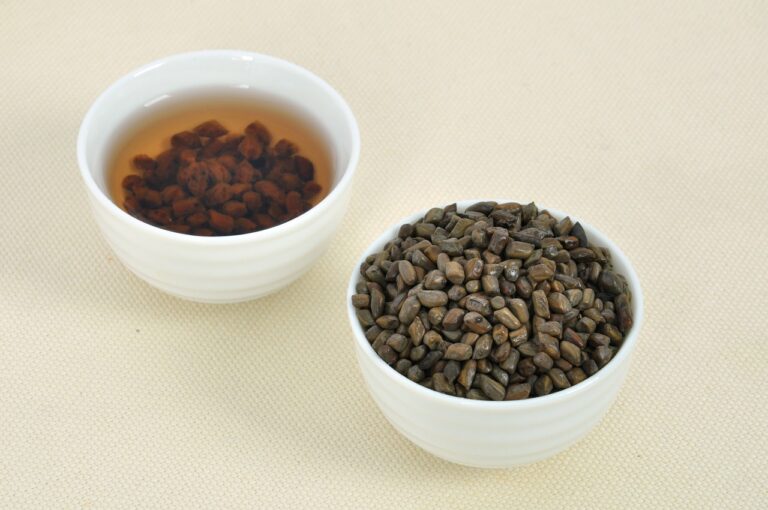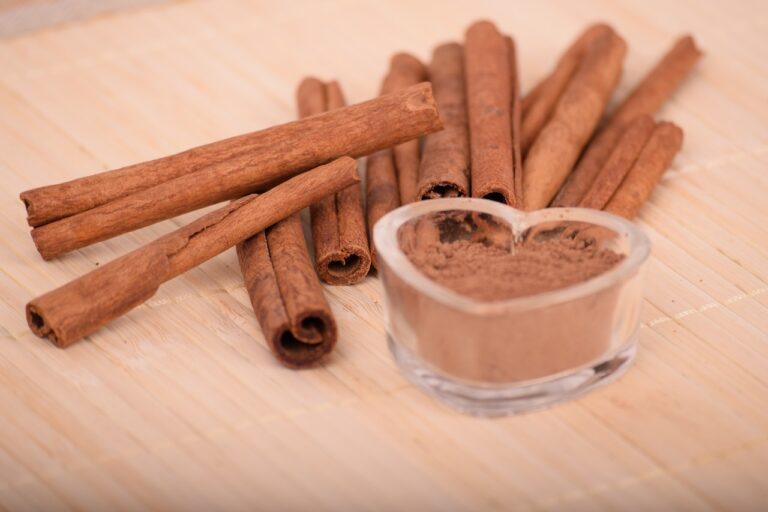The Science of Aging: Understanding the Biological Processes
Aging is a natural process that affects all living organisms as they progress through the various stages of their life. It involves a multitude of physiological changes that occur at both the cellular and the systemic levels. These changes can manifest in a variety of ways, such as a decline in physical function, changes in metabolism, and an increased susceptibility to age-related diseases.
As individuals age, there is a gradual deterioration in various bodily functions, including a decline in the efficiency of the immune system and a decrease in the body’s ability to repair and regenerate tissues. Aging is also characterized by an accumulation of cellular damage over time, leading to impaired functioning of different organs and systems in the body. Despite the inevitability of aging, research continues to uncover new insights into the mechanisms underlying this complex process to help improve the quality of life for aging individuals.
• Aging is a natural process affecting all living organisms
• Physiological changes occur at cellular and systemic levels
• Manifestations include decline in physical function, changes in metabolism, increased susceptibility to age-related diseases
• Gradual deterioration in bodily functions as individuals age
• Decline in immune system efficiency and tissue repair/regeneration ability
• Accumulation of cellular damage over time leading to impaired organ/system functioning
• Ongoing research aims to uncover mechanisms underlying aging for improved quality of life
Cellular Aging
Cells undergo a natural process of aging as they replicate and divide over time. This cellular aging, also known as replicative senescence, is influenced by various factors like telomere shortening and oxidative stress. Telomeres, the protective caps at the end of chromosomes, shorten with each cell division, eventually reaching a critical length that triggers cellular senescence.
Moreover, oxidative stress, caused by an imbalance between free radicals and antioxidants in the body, accelerates cellular aging by damaging cellular components like DNA, proteins, and lipids. As cells age, their functionality decreases, leading to impaired tissue repair and regeneration. Understanding the mechanisms underlying cellular aging is crucial in developing interventions to combat age-related diseases and promote healthy aging.
Impact of Genetics on Aging
Genetics plays a crucial role in the aging process, influencing various aspects of an individual’s health and well-being as they grow older. The genetic makeup of an individual can predispose them to certain age-related conditions, such as cardiovascular disease, diabetes, and neurodegenerative disorders. Specific genetic variations can impact how effectively the body repairs itself and combats cellular damage, affecting the rate at which aging occurs at a cellular level.
Moreover, the interplay between genetics and lifestyle factors further influences the aging process. While genetics may establish a foundation for how an individual ages, lifestyle choices such as diet, exercise, and stress management can modify the expression of certain genes and impact the overall rate of aging. Understanding the intricate relationship between genetics and lifestyle can provide valuable insights into promoting healthy aging and potentially delaying the onset of age-related diseases.
What is aging?
Aging is the process of growing older and experiencing physical and biological changes over time.
What is cellular aging?
Cellular aging refers to the deterioration of cells in the body as a person grows older. This can lead to a decline in overall health and functioning.
How does genetics impact aging?
Genetics play a significant role in determining how quickly a person ages. Certain genes can make someone more susceptible to age-related diseases and conditions.
Can you prevent aging through genetic interventions?
While genetics play a role in aging, it is not the only factor. Lifestyle choices such as diet, exercise, and avoiding harmful habits like smoking can also influence the aging process.
Are there genetic treatments available to slow down aging?
Currently, there are no genetic treatments available to slow down the aging process. However, research in the field of anti-aging genetics is ongoing, and there may be potential treatments in the future.







